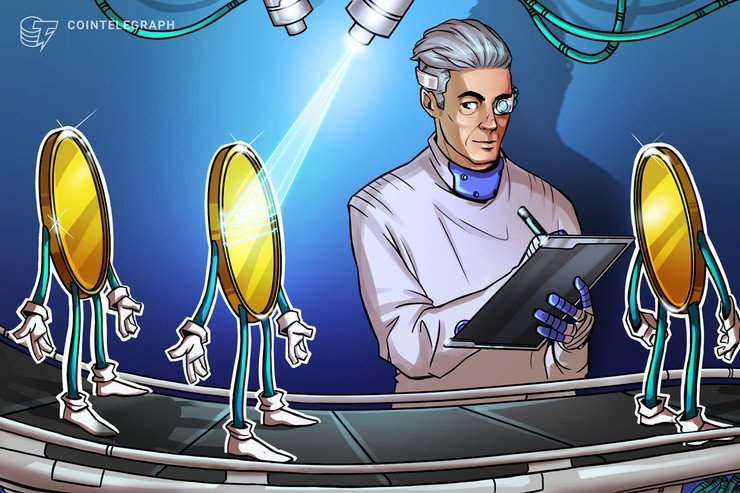DeversiFi, the decentralized exchange (DEX) spin-off of former Bitfinex sister exchange Ethfinex, has burned $20 million worth of its governance and utility token, Nectar (NEC).
According to a statement, March 30, this is designed to drive DEX adoption after large centralized exchanges struggled to cope during the recent cryptocurrency sell-off.
Governance token switches to deflationary model
The Nectar token was originally launched with an inflationary model, in which it was awarded to Ethfinex traders, giving them a stake in the future of the exchange.
However, with Ethfinex’s pivot towards decentralization and rebirth as DeversiFi, the token has switched to a deflationary model. Since mid-February this has taken the form of weekly ‘necBurn’ auctions to perpetually reduce the supply.
Up to 50% of trading fee revenue on DeversiFi is used to buy back and burn Nectar tokens in an auction format. Holders can offer their NEC at a certain price. If those tokens are bought they are permanently removed from the supply. Auctions can also result in a higher sell-price than on the open market, opening up a unique arbitrage opportunity.
To symbolize and promote the move to a deflationary model, DiversiFi performed a ‘big-burn’ of 400 million Nectar tokens on March 27. These tokens were those initially held by Ethfinex and retained when the exchange closed down.
Driving DEX adoption
As CryptoX reported, Ethfinex first tested a decentralized autonomous organization (DAO) structure back in June last year, in part to dissociate itself from Bitfinex, which was under investigation at the time over an alleged illegal loan from Tether.
That eventually led to the closure of Ethfinex and subsequent launch of DeversiFi. DeversiFi in turn launched its ‘necDAO’ in December 2019, which now has 17,000 ETH locked in. The DAO began governance in January 2020.
So how will the reduction in Nectar supply drive adoption of decentralized exchanges? CryptoX reached out to DeversiFi Founder and CEO, Will Harbourne:
“Nectar has been designed to give holders/traders a number of benefits including trading fee discounts and membership in one of the largest DAO’s to date […] This shift to aggressively deflationary tokenomics will serve to lower the market cap and increase the scarcity/value of Nectar. Coupled with the outlined utilities, this should create a positive feedback loop, helping to attract new traders to DeversiFi and the DEFI space as a whole.”
Despite advantages over centralized exchanges, DEXs have still struggled to gain traction in the marketplace.




